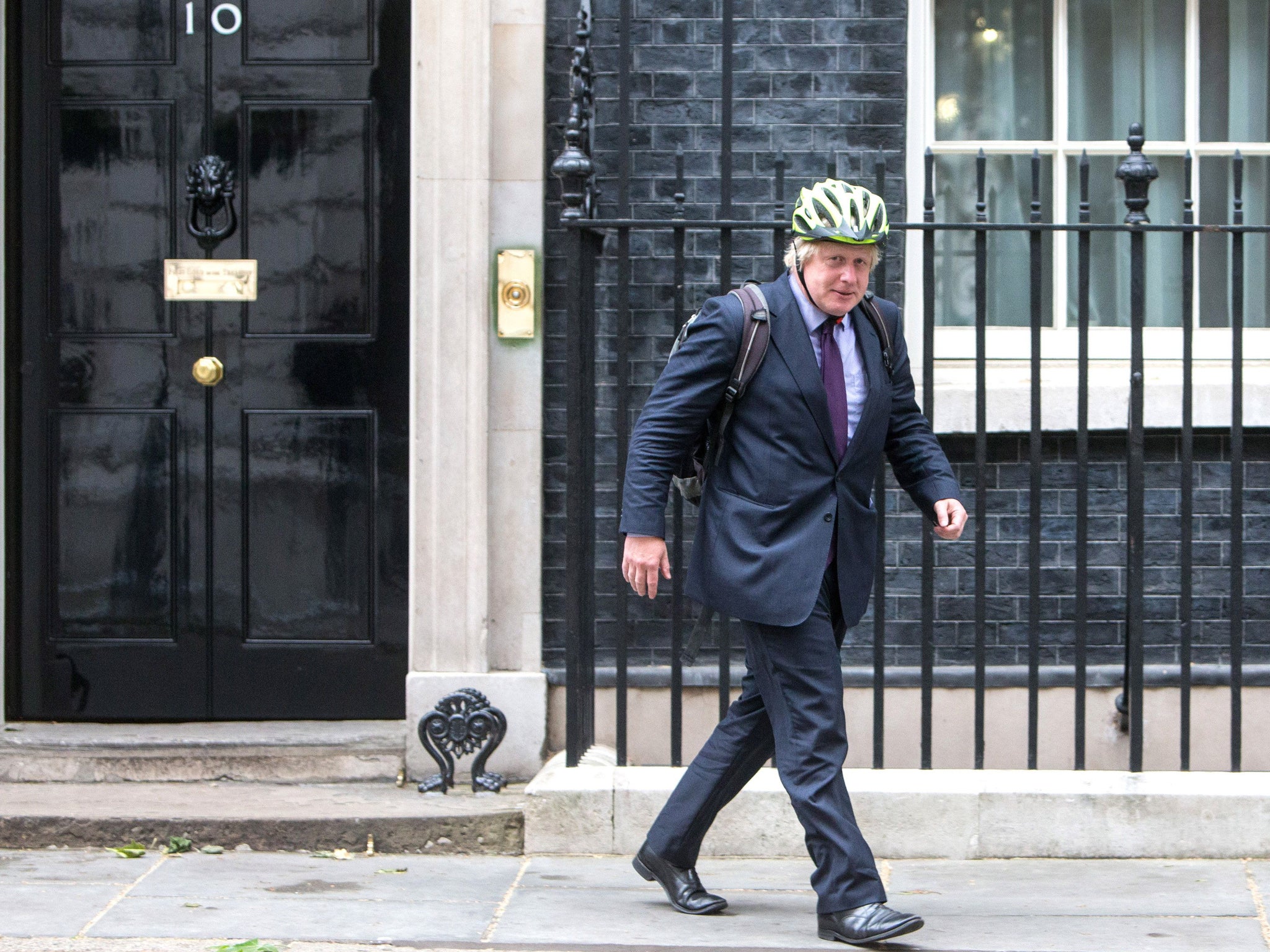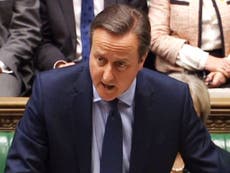Will George Osborne or Boris Johnson become the next Prime Minister?
Agree or disagree with George Osborne he is better placed than Boris Johnson to become Conservative party leader


Consider the amount of time a top football club devotes to securing a successful manager. Take the case of Chelsea, a team seeking a new manager this summer. Ideally, the successful candidate will have won the Champions League while demonstrating skills in managing a bunch of overpaid superstars and dealing with the media. He must also have a record of winning match after match. Apparently, for Chelsea a very small list of candidates is being considered and every element of their careers will be obsessively scrutinised.
In striking contrast, a possible candidate to be Prime Minister can be largely untested by the demands of power. Boris Johnson is widely considered to be a possible successor to David Cameron. Yet Boris has not served in the Cabinet and therefore has not been tested by the constraints and dilemmas of holding high office. He has not needed to make the case for a specific contentious policy for which he is responsible as a minister in the national media, nor has he had to seek the support of the parliamentary party and the wider electorate. Yet these are the fundamental tests of leadership.
In recent weeks, two possible rivals for the Tory leadership have faced very different dilemmas. Boris had to decide whether to back Remain or Leave in the referendum, a genuinely tough decision. Without doubt, the path he has chosen will be one of the formative experiences in his career and he will emerge the bigger for it. Since that epic weekend when he declared for Out, he has faced the relatively easy task of explaining why he took the decision. For a journalist and a popular communicator, this should have been straightforward. So far he has blown this part of the sequence. His column in the Daily Telegraph explaining his decision for Out turned out to be a case for In – only following a second renegotiation and another referendum. On Sunday, in his interview with Andrew Marr, he was not clear about whether he envisaged the UK continuing to be part of the single market or entirely detached from it, seeking trade deals elsewhere.
The surprise was that anyone was especially surprised. This was the first time that Boris arrived in a studio for a national interview with the brief to defend and explain a specific policy and position. Cabinet ministers have to do it all the time. As London Mayor, he has been called upon to defend some city-wide policies but the level of scrutiny at a national level is far greater, involving a mastery of every single detail. The luxury of the big picture and a few jokes are not available when the stakes are so high.
The Chancellor George Osborne has also faced some tough decisions in recent days. Most important, Osborne had to decide how to proceed with next week’s Budget. Normally, the spring Budget that follows a general election victory is crammed with tough, controversial decisions that can lead to raging short-term unpopularity but can also shape an entire era. Osborne has taken the momentous decision that he cannot afford to treat this Budget as a Chancellor normally would in the relative safety of a post-election period. This post-election period is not safe. Instead, he is treating next week’s event almost like a pre-election Budget, not wishing to alienate key voters with the referendum looming. Suddenly radical plans for pensions are dropped. Do not be surprised if motorists are spared a big hike in petrol prices. No doubt Osborne will continue to mistakenly cut public spending in real terms and with real consequences, but this will be a much more cautious budget than the one unveiled last summer, elements of which fell apart after two days of ecstatic media approval.
Agree or disagree with Osborne, he is in the top league of decision-making, under constant and intense pressure since becoming shadow chancellor in 2005. Imagine the dilemmas from his perspective as he approaches the coming budget: “I had hoped to raise revenue from pension reforms. Now I have dropped the plans, is there a popular, risk-free way of raising the cash? Perhaps I will not raise the cash. Where else can I cut? There is no more scope in welfare after last summer’s shambles. What happens if I miss my deficit target? I only made the rigid early target in order to trap Labour before the election. Can I afford to miss the target again now we have won the election? What about capital spending? I told the Tory conference ‘We are the builders’, but we are not building very much”.
However nightmarish for the individual minister and however mistaken or alienating the judgements can be, facing the persistent dilemmas of power is the best preparation for leadership. Osborne has done so for a very long time.
Neither David Cameron nor Tony Blair, two recent long-serving prime ministers, had any direct experience of ministerial power before they moved into Number 10. These two very similar political figures were deeply exposed, partly because of their inexperience in terms of policy-making and in the international arena. Blair would not have been trapped in his Iraq nightmare if, say, he had been a Foreign Secretary. Cameron would not have got in a mess with NHS reforms in his first term nor have contemplated a referendum on EU membership if he had arrived in Number 10 more fully developed as a leader. Perhaps by the time there is a vacancy, Boris will have been tested and, crucially, passed the tests. But in terms of qualities for leadership Osborne and Theresa May, the Home Secretary, would arrive in Number 10 far better equipped than Boris if the contest takes place soon.
Experience should matter. The Conservative party is not selecting a manager of a football team but the next Prime Minister.



Join our commenting forum
Join thought-provoking conversations, follow other Independent readers and see their replies